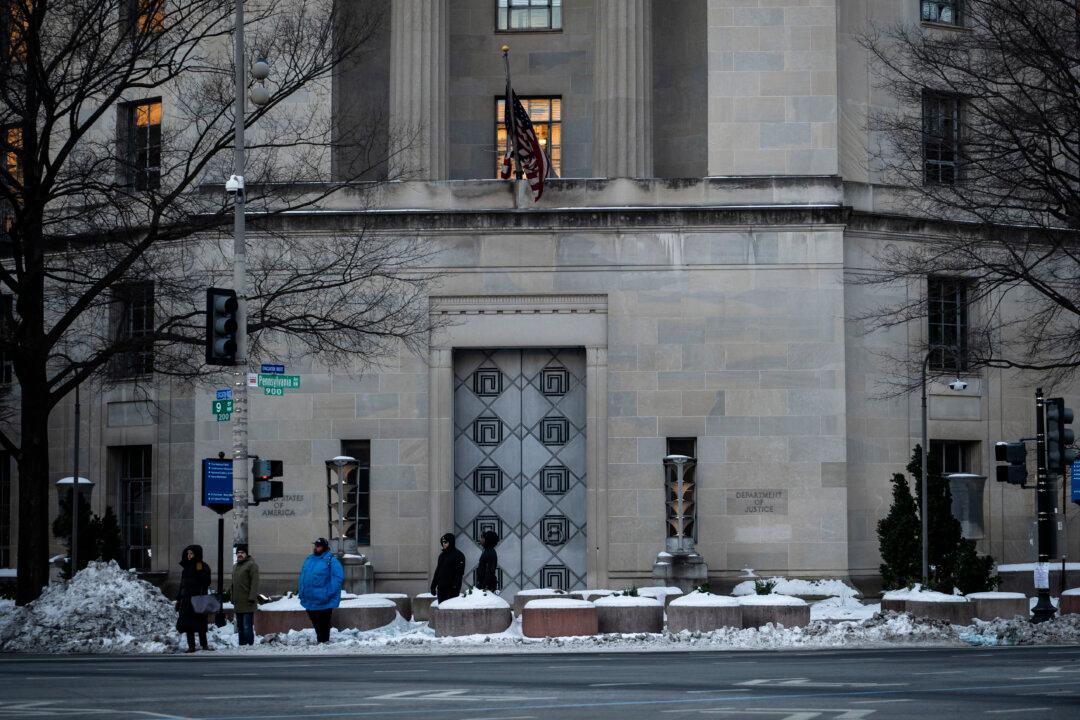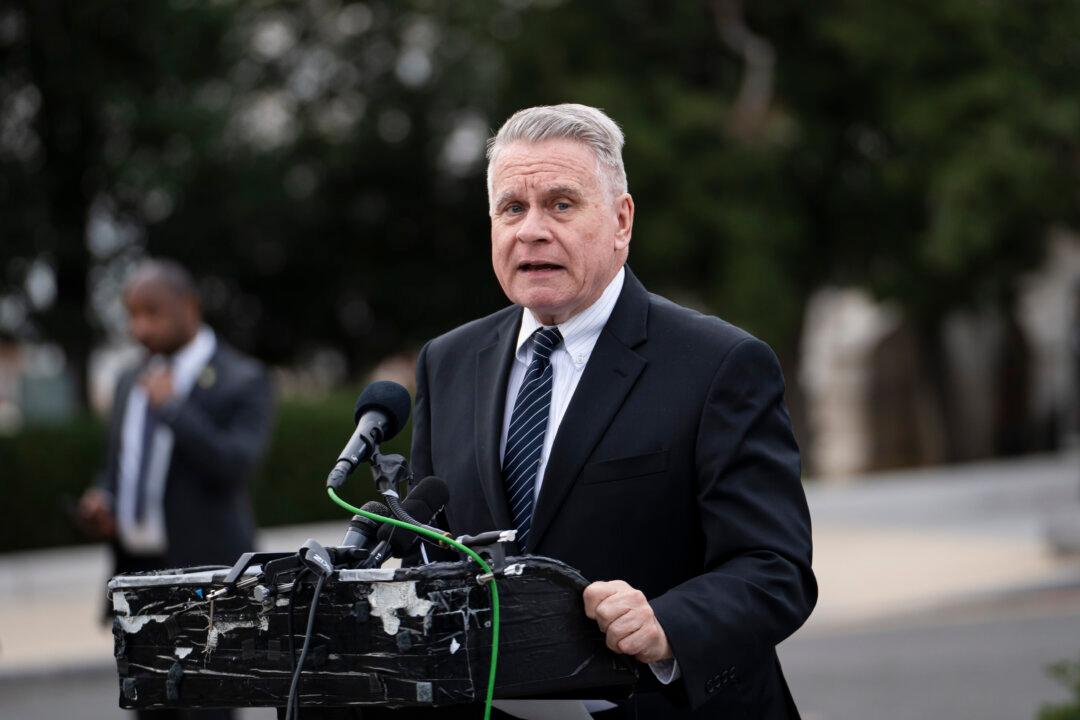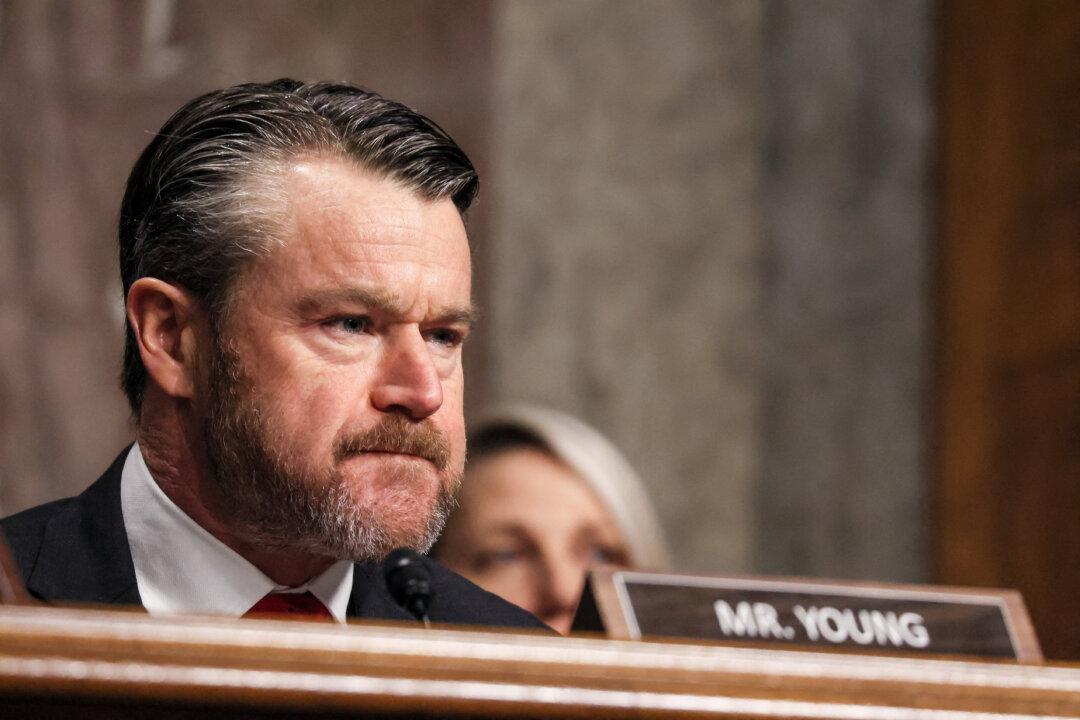Hong Kong leader Carrie Lam sided with Beijing’s longstanding rhetoric against the United States on Sept. 10, when she called the U.S. Congress a “foreign” influence trying to interfere with the city’s internal affairs.
“It’s extremely inappropriate for foreign parliaments to interfere in HKSAR [Hong Kong Special Administrative Region] internal affairs in any way, and (we) will not allow (the United States) to become a stakeholder in HKSAR matters,” Lam said in a press conference.
She made the remark in response to a protest on Sept. 8, when tens of thousands of Hongkongers took part in a march to petition the U.S. Congress to approve legislation that would support human rights in Hong Kong.
Protesters supporting the bill say the Act would secure their rights as outlined in the city’s Basic Law, or mini-constitution, which are under siege by the Hong Kong government and the Chinese Communist Party in its recent encroachment on Hong Kong’s judicial independence.
Chinese officials have accused foreign governments, particularly the United States and the United Kingdom, of fomenting chaos in Hong Kong. They maintain that the protests in Hong Kong are an “internal affair.”
On Sept. 9, former U.S. Defense Secretary Jim Mattis said the Hong Kong protests were “not an internal” Chinese matter and that the United States should offer at least moral support to the demonstrators.
The “one country, two systems” model was said to be a guarantee of Hongkongers’ basic rights and freedoms when the city was handed back to Chinese rule in 1997.
Public anger at the erosion of Hong Kong’s liberties have propelled protesters to continue staging rallies and marches, now in their 14th week, despite Lam conceding on one of their demands by formally withdrawing her government’s extradition bill last week—almost three months after the mass protests against the bill started.
Lam reiterated on Sept. 10 that she had taken steps to hold dialogue with the public—a statement that has been challenged by protesters as insincere, as the Hong Kong police have continued to adopt violent tactics to disperse protesters.
When asked about the protesters’ calls for establishing an independent inquiry to investigate alleged police brutality, Lam chose not to address the question.





